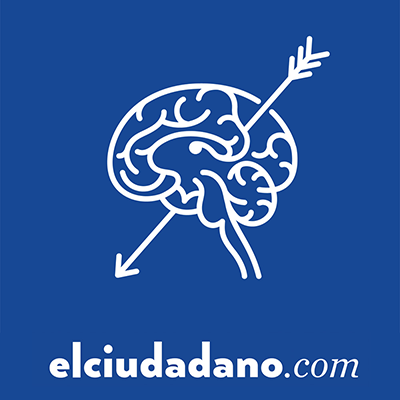Remembering the best days of our lives. At the start of June this year, scores of Turkish social media posts carried this message. They referred to memories of an uprising that began in Gezi Park and spread across the country in the summer of 2013. Their photos may have been filled with teargas. But the uprising was remembered with a breath of joy.
Not long after, on the other side of the Atlantic, George Floyd spoke his last words, “I can’t breathe.” As demonstrations for black lives rippled fast across the ocean, it seemed as if we might be resuming our long walk to dignity.
Dignity is an artery that runs through our shared history of struggle. Its violation — in systems of oppression, exploitation, and subjugation — calls on us to demand our full worth, not our market price. It comes as no surprise that the word once again takes the center stage in this mass rebellion.
And that is because capitalism as we know it is in its last act. It has no space for dignity, nor for the democratic principles that make space for it.
Here in Europe — on the continent that regards itself as the cradle of this democratic system — the crisis of capitalism is already giving way to a more fundamental violation of human dignity. On one side, the British government advances Social Darwinism in the guise of populism. On the other, Germany tries desperately to patch up the wrecked boat of the social state against the coming flood.
In the rising conflict between international capitalism and the cause of human dignity, where does this leave the Progressive International?
As a member of its advisory Council, I start here: with a forceful reminder of the principles that my European neighbors continue to proclaim, while systematically failing to fulfill. The walls of this continent cannot contain the struggle for human dignity, just as the walls of this continent cannot contain the forces of capital. A new stage of history awaits.
And in this new phase, a different meaning of dignity may emerge. The word dignity calls to mind an image of clenched teeth or a tightened fist. It has often been associated with pain or anger: the sentiments of its violation.
But seven years ago, in Gezi park and all around Turkey, something broke in our understanding of the word. The image of dignity transformed from one of anger to one of shared joy.
That is why so many people in Turkey dare speak of those days as the happiest of times, despite all the lives lost. The prolonged protests did more than resist oppression; they gave us a glimpse of a joyful life. They proved that dignity is ours, even against the powers that seek to deprive us of it.
Personally, I believe this International can uphold and advance this image of dignity as shared joy — and turn it into a global motto. It may only be words. But words are mighty things that change the world.
Ece Temelkuran is one of Turkey’s best- known novelists and political commentators, appearing in the Guardian, New York Times, New Statesman, and Der Spiegel. Her recent novel Women Who Blow on Knots won the 2017 Edinburgh International Book Festival First Book Award. She is the recipient of the PEN Translate Award, the New Ambassador of Europe Prize, and “Honorary Citizenship” from the city of Palermo for her work on behalf of oppressed voices.
Photo: Mstyslav Chernov, Wikimedia.


